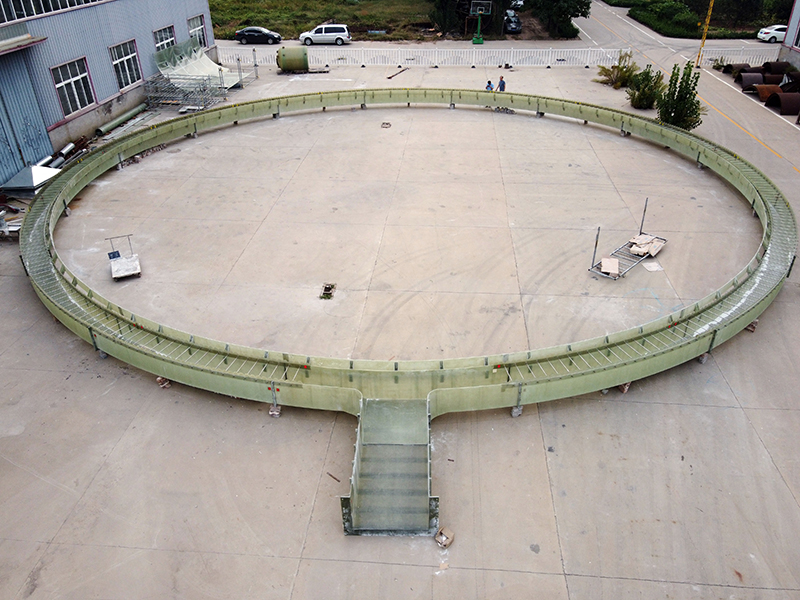
-
 Afrikaans
Afrikaans -
 Albanian
Albanian -
 Amharic
Amharic -
 Arabic
Arabic -
 Armenian
Armenian -
 Azerbaijani
Azerbaijani -
 Basque
Basque -
 Belarusian
Belarusian -
 Bengali
Bengali -
 Bosnian
Bosnian -
 Bulgarian
Bulgarian -
 Catalan
Catalan -
 Cebuano
Cebuano -
 China
China -
 China (Taiwan)
China (Taiwan) -
 Corsican
Corsican -
 Croatian
Croatian -
 Czech
Czech -
 Danish
Danish -
 Dutch
Dutch -
 English
English -
 Esperanto
Esperanto -
 Estonian
Estonian -
 Finnish
Finnish -
 French
French -
 Frisian
Frisian -
 Galician
Galician -
 Georgian
Georgian -
 German
German -
 Greek
Greek -
 Gujarati
Gujarati -
 Haitian Creole
Haitian Creole -
 hausa
hausa -
 hawaiian
hawaiian -
 Hebrew
Hebrew -
 Hindi
Hindi -
 Miao
Miao -
 Hungarian
Hungarian -
 Icelandic
Icelandic -
 igbo
igbo -
 Indonesian
Indonesian -
 irish
irish -
 Italian
Italian -
 Japanese
Japanese -
 Javanese
Javanese -
 Kannada
Kannada -
 kazakh
kazakh -
 Khmer
Khmer -
 Rwandese
Rwandese -
 Korean
Korean -
 Kurdish
Kurdish -
 Kyrgyz
Kyrgyz -
 Lao
Lao -
 Latin
Latin -
 Latvian
Latvian -
 Lithuanian
Lithuanian -
 Luxembourgish
Luxembourgish -
 Macedonian
Macedonian -
 Malgashi
Malgashi -
 Malay
Malay -
 Malayalam
Malayalam -
 Maltese
Maltese -
 Maori
Maori -
 Marathi
Marathi -
 Mongolian
Mongolian -
 Myanmar
Myanmar -
 Nepali
Nepali -
 Norwegian
Norwegian -
 Norwegian
Norwegian -
 Occitan
Occitan -
 Pashto
Pashto -
 Persian
Persian -
 Polish
Polish -
 Portuguese
Portuguese -
 Punjabi
Punjabi -
 Romanian
Romanian -
 Russian
Russian -
 Samoan
Samoan -
 Scottish Gaelic
Scottish Gaelic -
 Serbian
Serbian -
 Sesotho
Sesotho -
 Shona
Shona -
 Sindhi
Sindhi -
 Sinhala
Sinhala -
 Slovak
Slovak -
 Slovenian
Slovenian -
 Somali
Somali -
 Spanish
Spanish -
 Sundanese
Sundanese -
 Swahili
Swahili -
 Swedish
Swedish -
 Tagalog
Tagalog -
 Tajik
Tajik -
 Tamil
Tamil -
 Tatar
Tatar -
 Telugu
Telugu -
 Thai
Thai -
 Turkish
Turkish -
 Turkmen
Turkmen -
 Ukrainian
Ukrainian -
 Urdu
Urdu -
 Uighur
Uighur -
 Uzbek
Uzbek -
 Vietnamese
Vietnamese -
 Welsh
Welsh -
 Bantu
Bantu -
 Yiddish
Yiddish -
 Yoruba
Yoruba -
 Zulu
Zulu
Exploring the Benefits and Applications of FRP Pipe in Modern Construction and Infrastructure Industries
Understanding FRP Pipes Advantages and Applications
Fiberglass Reinforced Plastic (FRP) pipes are becoming increasingly popular in various industries due to their unique properties and advantages over traditional piping materials. FRP pipes are composed of a plastic matrix reinforced with fiberglass fibers, resulting in a lightweight, durable, and corrosion-resistant product. This article will explore the properties, benefits, and applications of FRP pipes, highlighting why they are an excellent choice for various piping needs.
Unique Properties of FRP Pipes
One of the primary characteristics of FRP pipes is their exceptional strength-to-weight ratio. Unlike metal pipes, which are heavy and can be cumbersome to install, FRP pipes are much lighter, making transportation and installation more manageable. Additionally, they possess excellent tensile strength and can withstand high-pressure conditions, which makes them suitable for transporting various fluids, including water, chemicals, and wastewater.
FRP pipes also exhibit remarkable resistance to corrosion and chemical attacks. Traditional materials like steel and iron often suffer from rust and degradation when exposed to harsh environments or chemicals. In contrast, FRP pipes are designed to endure a wide range of chemical substances without deteriorating, significantly reducing maintenance costs and lifecycle expenses.
Benefits of Using FRP Pipes
The benefits of FRP pipes extend beyond their physical properties. One of the most significant advantages is their long lifespan. With proper installation and care, FRP pipes can last up to 50 years or more, which is considerably longer than many metal alternatives. This longevity translates into lower replacement costs and less frequent downtime for repairs or changes.
Another critical benefit is their low thermal conductivity. FRP pipes are less likely to experience thermal expansion or contraction compared to metals, making them ideal for environments that encounter temperature fluctuations. This feature helps maintain the integrity of the piping system even under extreme conditions, ensuring consistent performance.
frp pipe

Furthermore, the smooth inner surface of FRP pipes minimizes friction loss, enhancing flow efficiency. This characteristic is particularly advantageous for applications that require the transportation of fluids at high velocities, as it helps maintain optimal performance and reduces the energy required for pumping systems.
Diverse Applications
FRP pipes are versatile and find applications across various sectors. In the water and wastewater industries, they are commonly used for sewage, stormwater drainage, and irrigation systems. Their resistance to corrosion ensures safe transportation of effluents without affecting the quality of surrounding environments.
The chemical processing industry also benefits from FRP pipes, as they can handle acidic or alkaline substances without degrading. This capability is crucial for transporting chemicals in refineries, plants, and other facilities where process efficiency and safety are paramount.
In addition to industrial applications, FRP pipes are increasingly being utilized in the construction sector for stormwater management and drainage systems. Their lightweight nature makes them easy to install in tight spaces, while their durability ensures a reliable long-term solution.
Conclusion
FRP pipes represent a significant advancement in piping technology, offering a compelling alternative to traditional materials. Their combination of lightweight construction, corrosion resistance, and cost-effective longevity makes them an ideal choice for various applications, from water management to chemical processing. As industries continue to seek sustainable and efficient solutions, the demand for FRP pipes is likely to grow, paving the way for innovative uses and improved infrastructure development. Whether you are an engineer, contractor, or facility manager, understanding the benefits and applications of FRP pipes will undoubtedly aid in making informed decisions for your projects.
Latest news
-
High-Quality Fiberglass Car Bodies Durable GRP Car & Boat Body SolutionsNewsJul.08,2025
-
High-Quality Fiberglass Dual Lamination Product Manufacturer Durable FRP & GRP Dual Lamination SolutionsNewsJul.08,2025
-
Rectangular Tank with Dimensions for GRP Calculation Custom Fiberglass GRP Rectangular TanksNewsJul.07,2025
-
High-Quality Fiberglass Weir Custom FRP Weir & Fiberglass Tanks ManufacturerNewsJul.07,2025
-
CPVC FRP Pipe A Reliable Choice for Industrial Applications High Strength & Corrosion ResistanceNewsJul.07,2025
-
Fiberglass Scrubber for Effective Cleaning and Stain Removal – Superior Performance in Various ApplicationsNewsJul.06,2025









